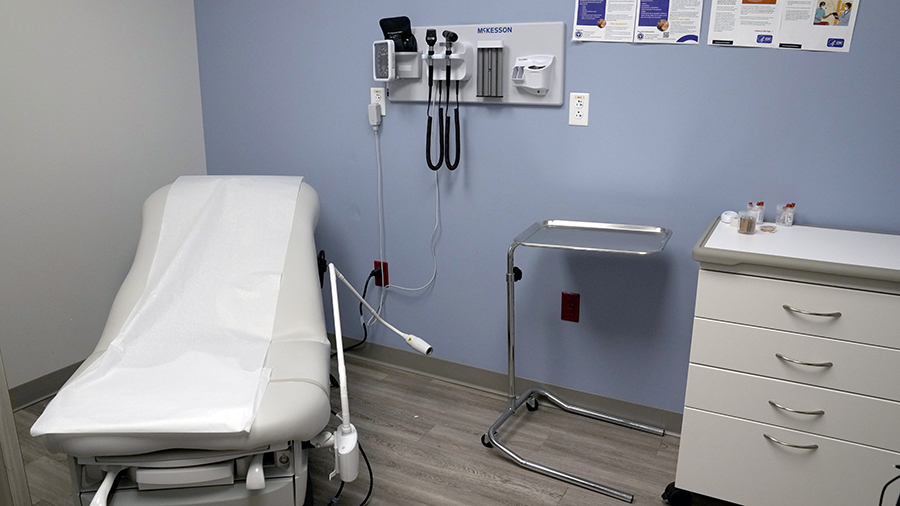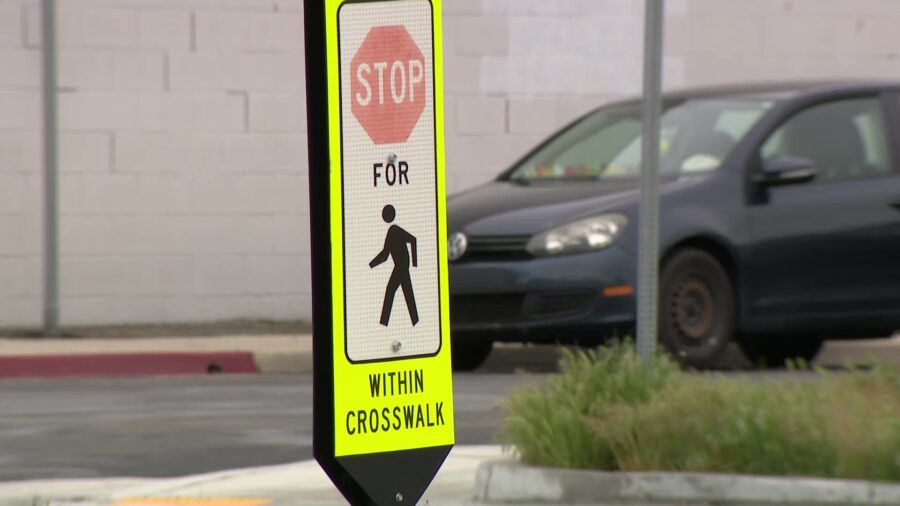Family waiting on legislative measure to open up experimental treatments for ALS
Nov 21, 2021, 10:59 AM | Updated: 6:45 pm
From marrying the love of his life on top of a mountain to completing the Ironman 70.3 World Championships in St. George, Kyle Brown has let nothing stop him — not even a death sentence.
“I’m kind of a different guy. I don’t go quietly,” said Kyle Brown, “If I do that, I win.”
In early 2021, Brown was diagnosed with Amyotrophic Lateral Sclerosis (ALS) also known as Lou Gehrig’s disease. Brown’s specific diagnosis is the more aggressive Bulbar ALS.
“They say you have a disease that’s going to kill you. I say, maybe, we’ll see. I’m going to give this a shot,” Brown said.
The diagnosis triggered a race against time, Brown was given 6-18 months to live.
“It affects speaking, breathing and swallowing. And it is starting to affect my limbs,” Brown said. “It will kill you faster because of the breathing and swallowing.”
Nevertheless, Brown isn’t planning on throwing in the towel, but he has a major hurdle in his race against the disease.
Brown is hoping to get in line for a phase 3 experimental drug, but in order for that to happen, new legislation to expand the Right to Try Law is needed.
Brown would like ALS patients to have access to experimental drugs in the same fashion as those with rare diseases like cancer.
“We want the same treatment as HIV patients and cancer patients with access to drugs and not placebos. They’re dying. Let them try it,” said Colleen Brown, Kyle Brown’s wife.
That’s why Kyle and Colleen are fighting for a new bill. It’s called Accelerating Access to Critical Therapies for ALS (AACT).
“I don’t go quietly. They say, ‘you have a disease that is going to kill you.’ I say maybe.” Kyle Brown was given 6-18 months to live following a diagnosis with Bulbar ALS. Tonight, he has hope for a new treatment but he has one more hurdle to clear. Story at 6 on @KSL5TV. pic.twitter.com/xKdVbRkVif
— Garna Mejia KSL (@GarnaMejiaKSL) November 20, 2021
The bill provides funding for small pharmaceutical companies to administer the drug to everyday patients and allows the collection of data to further research.
According to Michelle Lorenz, of national non-profit Voices for ALS in support of the bill, the bill is the “superhero version of Right to Try.”
“It’s the humanity of Right to Try and science of the FDA combined,” said Lorenz.
“The bill provides funding for small pharma companies to make the drug and the clinical trial sites to administer the drugs to patients,” said Lorenz, adding that such funding is unavailable under Right to Try. “It’s difficult to provide free drugs to patients with ALS.”
AACT would empower the FDA’s Expanded Access Program with a $100 million annual grant to small biopharma programs with drugs in phase 3 trials.
Lorenz says the most promising ALS treatments are almost exclusively developed by “small pharma.” Since small pharma doesn’t have the financial bandwidth of large pharmaceutical companies, it’s harder for them to administer their treatment to patients. The bill would help even the playing field, according to Lorenz.
The bill is doing well in the House of Representative where Representative John Curtis sits on the committee that heard the bill and approved it.
The bill hits home for Curtis who recently lost a dear friend to the disease.
“All they want to do is have a shot,” Curtis said. “They’ve been given a life sentence in many ways and all they want to do is just to be able to try some of these treatments.”
The bill still needs to go through the Senate where it only takes one senator to bring it to a screeching halt. The bill needs a Senate majority but if only one Senator is against it or chooses to pass, the entire bill gets tossed.
If Brown gets the experimental drug, he expects it will slow down the progression of his symptoms. He hopes that will give him time as he waits for new treatments to get FDA approval, a process with an average wait time of 10 years.
“It buys time for better treatments is what the AACT for ALS does and thirty-thousand Americans deserve it,” said Colleen Brown.
For more information on how to lobby Congress, you can visit www.HelpMayuri.com.













